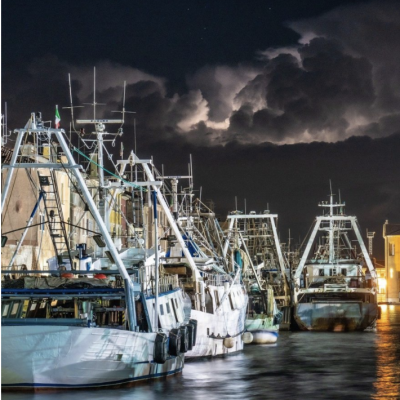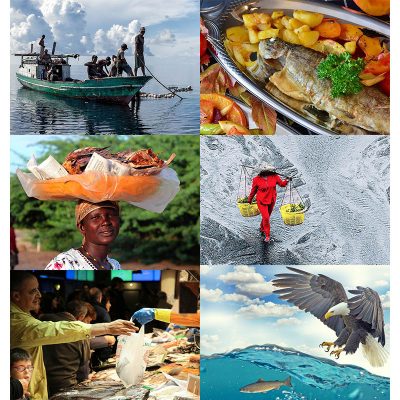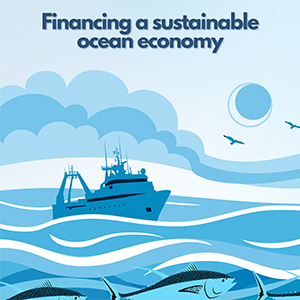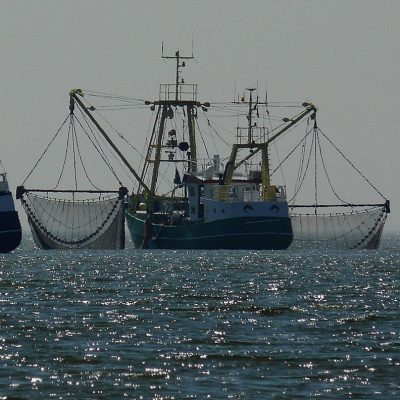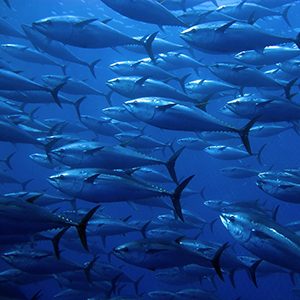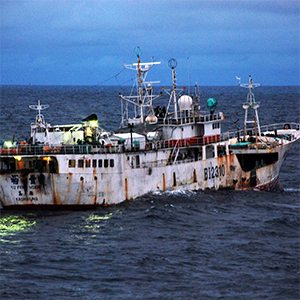Nearly 300 scientists ask the WTO to ban harmful fisheries subsidies
The researchers feel the WTO could use their upcoming meeting to sign an agreement that forbids such harmful practices, while allowing for small-scale, sustainably managed wild fisheries.
Towards sustainable, resilient and just food systems and the role of aquatic foods
Video now available for viewing!
Global demand for aquatic foods set to nearly double by 2050
Improvements to aquaculture production, lower prices, and changing cultural preferences expected to drive up demand for fish, seafood and seaweed, according to new research.
Study identifies major barriers to financing a sustainable ocean economy
A Paris Agreement type effort may be required to financing a sustainable global ocean economy that benefits society and businesses in both developing and developed countries.
China and the E.U. aren’t the only ones to blame for harmful fisheries subsidies
“Don’t think that just because you’re not providing six billion dollars that you’re not impacting, or potentially impacting the sustainability of the fish stock.”
Rashid Sumaila named University Killam Professor
The University Killam Professorship is the highest honour that UBC can confer on a faculty member, and recognizes exceptional teachers and researchers who are leaders in their fields.
Q & A: The EU needs to end its provision of harmful fisheries subsidies
“The problem with harmful fisheries subsidies is that although they might support job security and raise income… they undermine a renewable resource that is technically owned by everyone. Fishing can’t exist without the fish.”
Impact of climate change on tropical fisheries would create ripples across the world
Tropical oceans and fisheries are threatened by climate change, generating impacts that will affect the sustainable development of both local economies and communities, and regions outside the tropics.
Billions lost as illicit fisheries trade hurting nations who can afford it least
Eight to 14 million tonnes of unreported fish catches are traded illicitly every year, costing the legitimate market between $9 and $17 billion in trade each year.
